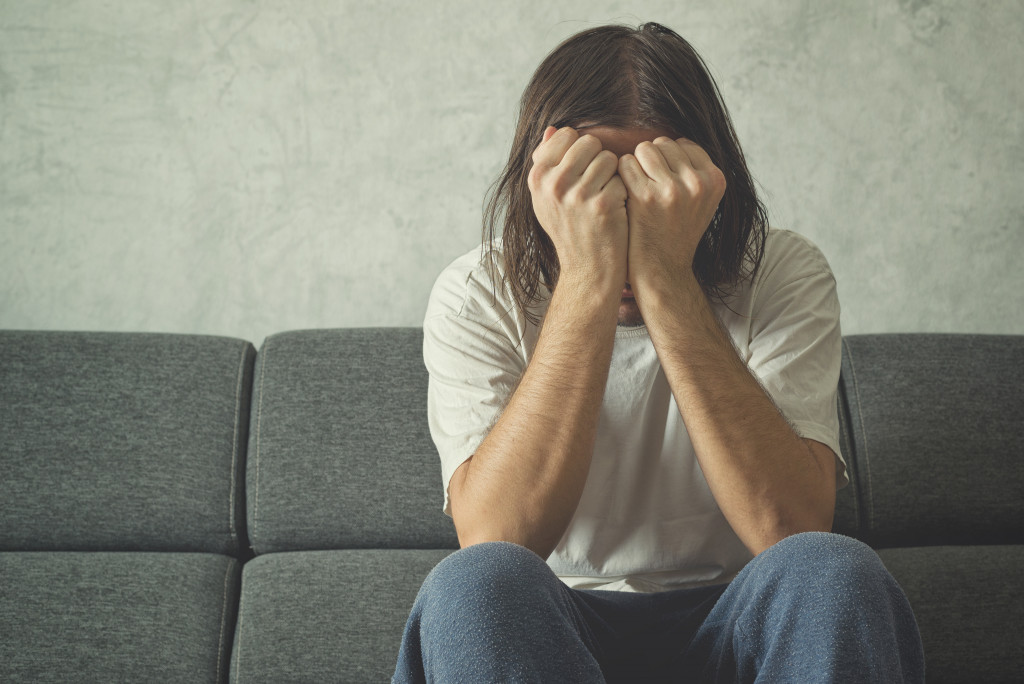- The body’s response to trauma includes a surge in stress hormones and a weakened immune system.
- Trauma survivors can benefit from intensive outpatient therapy, support groups, outdoor activities, and self-care.
- Everyone’s journey of recovery is unique, so it is essential to find what works best for you.
- With patience and perseverance, it is possible to overcome psychological trauma and its effects on physical health.
Everyone goes through experiences in life that can be traumatic, whether it’s the death of a loved one, a bad breakup, or other life-changing events. While psychological trauma is often associated with mental health issues, such as anxiety and depression, it can also significantly impact your physical health. In fact, research has shown that trauma can cause chronic physical conditions ranging from heart disease to autoimmune disorders. Here are a few things to know about how psychological trauma can impact your physical health.
The Body’s Response to Trauma
When you experience a traumatic event, your body naturally goes into “fight or flight” mode to protect itself. This can cause an increase in heart rate, blood pressure, and breathing, as well as a surge in stress hormones such as adrenaline and cortisol. If the trauma is ongoing, this stress response can become chronic, which can have negative effects on your body over time.
Trauma and Chronic Pain
Studies have shown that individuals who have experienced psychological trauma are more likely to suffer from chronic pain, including conditions such as fibromyalgia and chronic fatigue syndrome. This could be due to the fact that trauma can cause changes to the way the brain processes pain signals, making them more sensitive to pain. Chronic pain can be debilitating and interfere with daily activities, so it is important to seek medical help if you are experiencing persistent pain.
Trauma and Cardiovascular Health
Chronic stress can have a negative impact on cardiovascular health, including an increased risk of heart disease and stroke. This is because ongoing stress can cause inflammation in the body, which can damage blood vessels and increase the risk of plaque buildup in the arteries. Trauma survivors may also be more likely to engage in unhealthy behaviors, such as smoking or overeating, as a coping mechanism, which can further increase the risks to cardiovascular health.
Trauma and Autoimmune Disorders

Research has also shown a potential link between psychological trauma and autoimmune disorders, such as rheumatoid arthritis and lupus. This could be due to the fact that trauma can weaken the immune system, making the body more susceptible to autoimmune disorders. In addition, ongoing stress can cause chronic inflammation, which can contribute to autoimmune disorders.
Overcoming Trauma
If you’re struggling with the effects of trauma, there are steps you can take to help heal and recover. Here are some things to consider:
Intensive outpatient trauma therapy
Intensive outpatient trauma therapy is a type of treatment that can help you process your trauma and work on understanding how it has impacted your life. This type of therapy can help you identify and work through triggers, as well as develop healthier coping mechanisms.
Support groups
Joining a support group for trauma survivors can be a great way to connect with others who understand what you’re going through. These groups can provide emotional support, along with practical advice on how to cope in everyday life.
Outdoor activities
Getting out into nature and engaging in outdoor activities, such as hiking, biking, or swimming, can be a great way to reduce stress and boost your mood. Outdoor activities can also help you to connect with nature and your surroundings, which can be therapeutic.
Self-care

Taking time to focus on self-care is an important part of recovering from trauma. Make sure to take care of your physical and mental health by getting plenty of rest, eating healthy, exercising regularly, and taking time for yourself each day.
Additionally, it’s important to remember that different people experience trauma in different ways, and there is no one-size-fits-all approach to healing. Finding the right combination of therapies and activities that work for you is critical to overcoming trauma and its physical health effects.
It is important to remember that everyone experiences and recovers from trauma differently. While psychological trauma can significantly impact physical health, you can take steps toward healing, such as intensive outpatient therapy, joining support groups, engaging in outdoor activities, and practicing self-care.
Everyone’s journey of recovery will be unique, so it is essential to find the right combination of therapies and activities that work best for you. Ultimately, with patience and perseverance, it is possible to overcome psychological trauma and its effects on your physical health.


